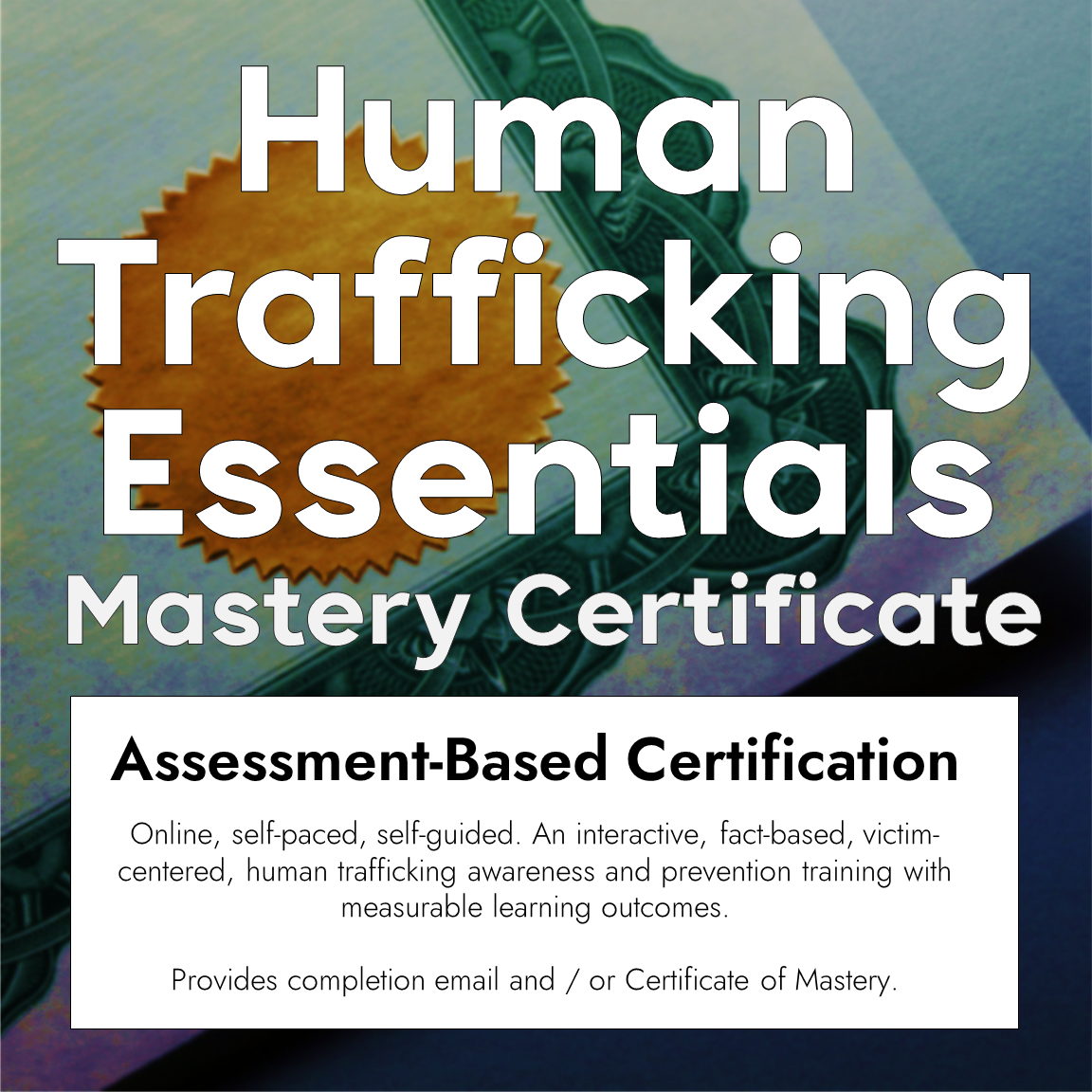UN report links SE Asia crypto scams to human trafficking

Victims tell harrowing tales of being recruited through elaborate but totally fake job ads on Facebook, Instagram, Tinder, and LinkedIn that promise high salaries and ideal work conditions. After accepting the scam jobs, they are transported to tightly guarded compounds and industrial parks, sometimes unaware they have even crossed international borders.
Once inside the compounds, victims describe hellish conditions of brutal forced labor. Their passports are confiscated, and they are subjected to debt manipulation, threats, torture, sexual abuse, and even death if they do not meet daily quotas for online financial scams, netting billions in criminal proceeds.
“Reports have also been received of people being chained to their desk. […] Reports indicate that there is limited food and drinking water and that living conditions can be cramped and unsanitary. […]
Reports commonly describe people being subjected to torture, cruel and degrading treatment and punishments including the threat or use of violence (as well as being made to witness violence against others) most commonly beatings, humiliation, electrocution and solitary confinement, especially if they resist orders or disobey compound rules or if they do not meet expected scamming targets.”
Online Scam Operations and Trafficking into Forced Criminality in Southeast Asia — UN
The report from the UN stresses the urgent need for businesses, such as internet providers and banks, to work together in line with international human rights law. This is especially important for those companies that help the scam centers operate online or allow traffickers to move their crypto money into regular banking.
Who are the victims?
The UN report reveals a shift in the typical profile of trafficking victims forced into Southeast Asia's online criminal underworld. In the past, human trafficking victims in the region were primarily women and girls trafficked into sex work from lower socio-economic backgrounds.
However, victims of the new tech-enabled trafficking networks represent a wider cross-section of society, including a significant number of educated middle-class professionals. Victims identified so far range from engineers, teachers, nurses, accountants, and recent graduates to construction workers and other migrants. They come from countries across Southeast Asia and as far away as Africa and South America. Both men and women have been caught in the scams, with nearly three-quarters estimated to be males.
“Many of the victims are well-educated, sometimes coming from professional jobs or with graduate or even post graduate degrees, computer-literate and multi-lingual.”
Online Scam Operations and Trafficking into Forced Criminality in Southeast Asia — UN
Scam revenues drop, but risks remain high
A recent report released by blockchain analysis firm Chainalysis sheds further light on the scale and interconnectedness of cryptocurrency scams. The report estimates that scam revenue fell 46% in 2022 to $5.9 billion, down from $10.9 billion in 2021, largely attributed to declining cryptocurrency prices.
However, Chainalysis cautions that scamming remains prevalent, evolving, and underreported. Their data reveals that while scam revenue dropped overall, highly successful scams like Hyperverse still pulled in nearly $1.3 billion last year. Investment scams accounted for the bulk of the money stolen. The report also finds that romance scams were the most lucrative per victim, netting an average of almost $16,000 per person.
Importantly, Chainalysis analysis uncovers extensive connections between seemingly unaffiliated scams. Tracing cryptocurrency payments to common deposit addresses, the firm uncovered a network of 86 separate but linked scams that collectively stole over $3.4 billion from victims in 2022. This suggests extensive criminal coordination across scam types like romance, investment, and pig butchering.
The report praises recent prosecutions but says law enforcement lacks resources to combat these complex, tech-enabled crimes. It calls for authorities to prioritize victim recovery over chasing overseas scammers and to collaborate across borders. Meanwhile, the analysis makes clear that popular social media and messaging apps continue to provide fertile ground for recruiting victims.
This “Eyes on Trafficking” story is reprinted from its original online location.
Fair Use Notice: The PBJ Learning Knowledge Vault is dedicated to advancing understanding of various social justice issues, including human trafficking and related topics. Some of the material presented on this website may contain copyrighted material, the use of which has not always been specifically authorized by the copyright owner. We are making such material available in our efforts to promote education and awareness of these important issues. There is no other central database we are aware of, so we put this together for both historical and research purposes. Articles are categorized and tagged for ease of use. We believe that this constitutes a ‘fair use' of any such copyrighted material as provided for in section 107 of the US Copyright Law. In accordance with Title 17 U.S.C. Section 107, the material on this site is distributed without profit to those who have expressed a prior interest in receiving the included information for research and educational purposes. For more information on fair use, please visit: “17 U.S. Code § 107 – Limitations on exclusive rights” on Cornell Law School's Legal Information Institute.

ABOUT PBJ LEARNING
PBJ Learning is a leading provider of online human trafficking training, focusing on awareness and prevention education. Their interactive Human Trafficking Essentials online course is used worldwide to educate professionals and individuals how to recognize human trafficking and how to respond to potential victims. Learn on any web browser (even your mobile phone) at any time.
More stories like this can be found in your PBJ Learning Knowledge Vault.
EYES ON TRAFFICKING
This “Eyes on Trafficking” story is reprinted from its original online location.
ABOUT PBJ LEARNING
PBJ Learning is a leading provider of online human trafficking training, focusing on awareness and prevention education. Their interactive Human Trafficking Essentials online course is used worldwide to educate professionals and individuals how to recognize human trafficking and how to respond to potential victims. Learn on any web browser (even your mobile phone) at any time.
More stories like this can be found in your PBJ Learning Knowledge Vault.

